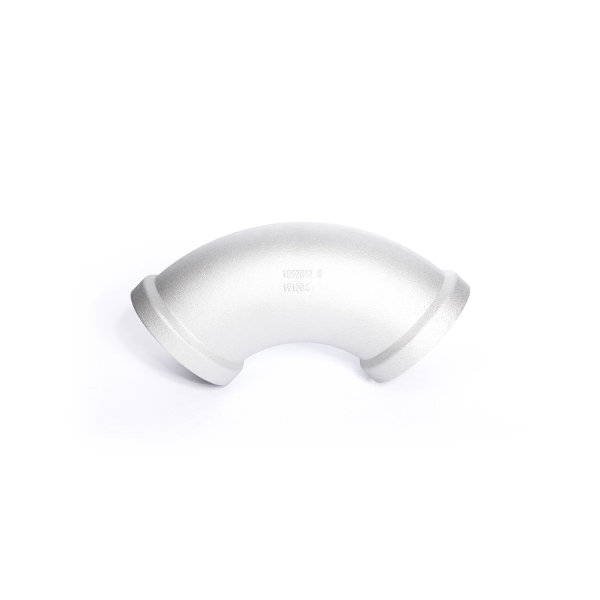Mobile:+86-311-808-126-83
Email:info@ydcastings.com
Durable Brass End Plug for Secure Connection in Plumbing and Other Applications
Understanding Brass End Plugs Applications and Benefits
Brass end plugs are vital components used across various industries for sealing pipes, tubes, or fittings. These small yet significant devices are designed to close off the open ends of equipment, preventing leaks and contamination while contributing to overall system efficiency. This article delves into the nature, applications, and advantages of brass end plugs, illustrating why they are an essential part of many mechanical systems.
What Are Brass End Plugs?
Brass end plugs are essentially threaded or non-threaded fittings made from brass, a durable alloy of copper and zinc. The properties of brass make it an ideal material for end plugs it is corrosion-resistant, possesses excellent machinability, and provides good electrical conductivity. Typically, these plugs come in various sizes and configurations, allowing for versatility in application. They can be designed to fit standard pipe diameters and are often available in both metric and imperial measurements.
Common Applications
Brass end plugs are employed in a wide variety of applications, including but not limited to
1. Plumbing Systems In plumbing, brass end plugs are commonly used to terminate pipe runs or seal off unused outlets. This is particularly important during installation or maintenance when certain areas of a plumbing system need to be secured.
2. Automotive In the automotive industry, these plugs can be found in various systems, including oil and gas lines, where they help in sealing connections to prevent leaks and maintain system integrity.
3. HVAC Systems Heating, ventilation, and air conditioning systems often utilize brass end plugs to seal pipe ends, enhancing the system's efficiency and ensuring the proper circulation of air or fluids.
4. Industrial Machinery Many industrial machines require end plugs to cover openings in hydraulic and pneumatic systems. These plugs ensure that the systems remain free from dirt and debris, which might compromise functionality.
brass end plug

Advantages of Brass End Plugs
The benefits of using brass end plugs are numerous
1. Corrosion Resistance Brass naturally resists corrosion due to its copper content, making it suitable for environments with exposure to water or chemicals.
2. Durability Brass is a robust material that can withstand high pressures and temperatures, ensuring long-lasting performance without degradation.
3. Versatility With a range of sizes and designs available, brass end plugs can be used in various applications across multiple industries.
4. Cost-Effectiveness While brass may initially seem more expensive than plastic alternatives, its longevity and durability make it a cost-effective choice in the long run.
5. Ease of Installation Most brass end plugs can be easily installed or removed without the need for special tools, contributing to maintenance efficiency.
6. Recyclability As a recyclable material, brass plugs align with sustainable practices, providing an eco-friendly option for companies looking to minimize their environmental impact.
Conclusion
Brass end plugs play a crucial role in sealing systems across different sectors. Their durable construction, resistance to corrosion, and versatility make them indispensable in ensuring the efficiency and safety of various applications. As industries continue to evolve, the demand for reliable and cost-effective sealing solutions, such as brass end plugs, will undoubtedly persist. Understanding their functions and benefits can help professionals make informed decisions about the best components for their systems. Whether in plumbing, automotive, HVAC, or industrial applications, brass end plugs remain a reliable choice for effective sealing solutions.
-
Why Should You Invest in Superior Pump Castings for Your Equipment?NewsJun.09,2025
-
Unlock Performance Potential with Stainless Impellers and Aluminum End CapsNewsJun.09,2025
-
Revolutionize Your Machinery with Superior Cast Iron and Aluminum ComponentsNewsJun.09,2025
-
Revolutionize Fluid Dynamics with Premium Pump ComponentsNewsJun.09,2025
-
Optimizing Industrial Systems with Essential Valve ComponentsNewsJun.09,2025
-
Elevate Grid Efficiency with High-Precision Power CastingsNewsJun.09,2025











